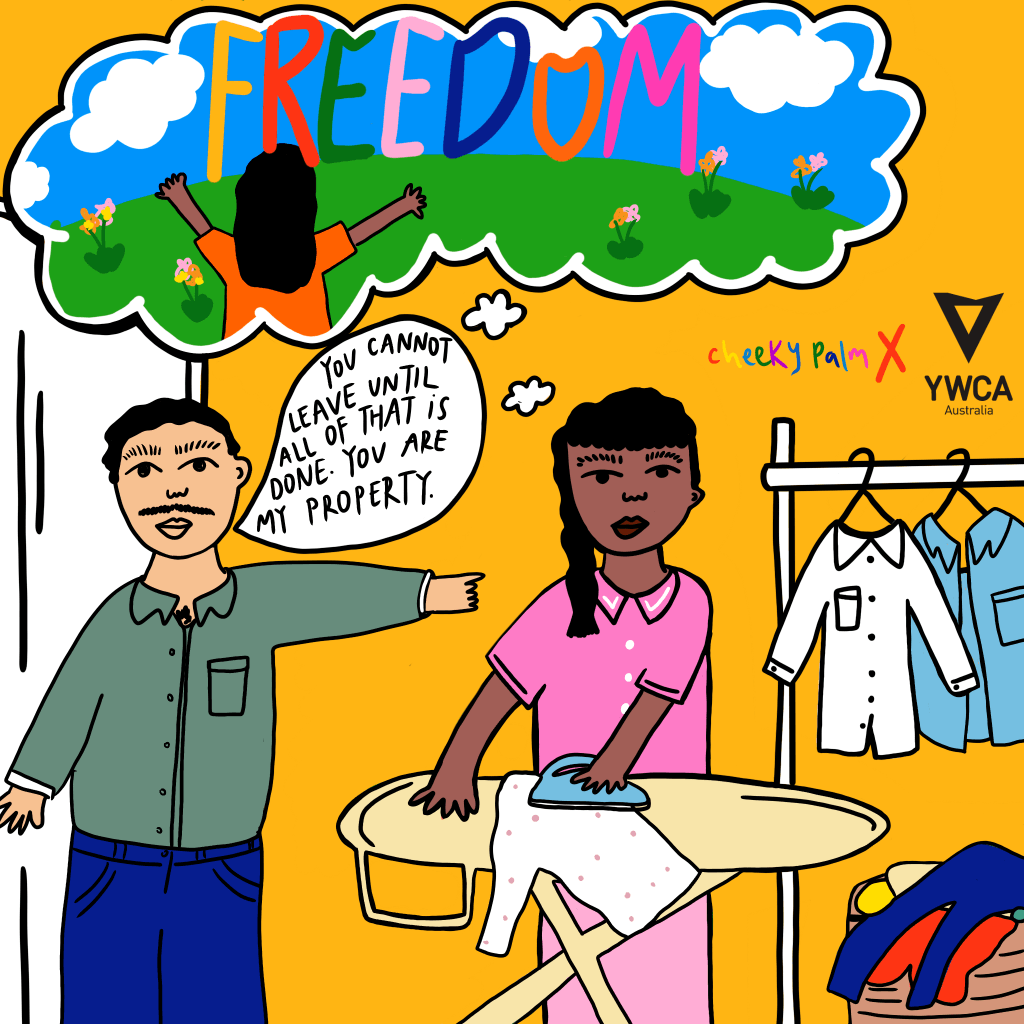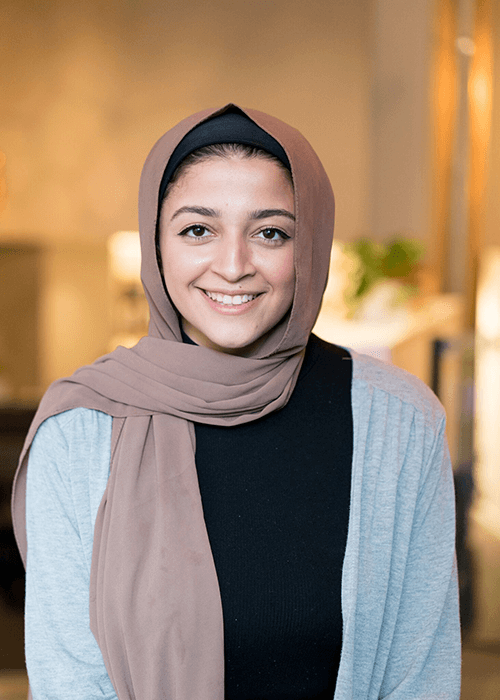Today marks the International Day for the Abolition of Slavery, where the collective world shifts their attention to the estimated 40 million people worldwide trapped in modern slavery. While we pride ourselves for living in a safe country like Australia, the truth is, this issue is also embedded, right beneath our noses.
What is modern slavery?
How can such an important issue slide right over our heads? Isn’t slavery against the law here in Australia?
The United Nations defines modern slavery as exploitative practices including human-trafficking, slavery, forced labour, child labour and other slavery-like practices.
In 2019, the Australian Institute of Criminology estimated there were between 1300-1900 victims of modern slavery in Australia. Anti-Slavery Australia estimates that four out of five cases go undetected. Modern slavery may look like a normal job, however coercion, control and force, are linked to slavery.

Slavery is often hidden in plain sight, in restaurants, building sites and farms and can be seen as ‘just the way it is’. The common thread is that someone is being exploited and controlled.
One in four victims of modern slavery are children, and almost 71 per cent are women and girls. There is a vital need to educate people in Australia about the forms of slavery that are occurring beneath the depths of this country.
Forced and early marriage is a common form of modern slavery that still affects many young women and girls. This occurs when someone is married against their own will, without consent and often cannot leave. Globally there are currently 15.4 million victims of forced marriage, and there is no publicly available data on child marriage in Australia
Another common form of modern slavery that is prevalent across the world, including Australia, is human trafficking. This is where the use of violence, threats or coercion to transport is used to recruit or labour people to exploit them for purposes such as forced prostitution, labour and marriage.
Despite living in Australia, a seemingly safe country, there is a lack of education and understanding about modern slavery. Social conditions such as poverty, exploitation, discrimination and disaster can fuel modern slavery, and while slavery can impact any person, people with migrant experience and young people are often most vulnerable.
We must abolish the system that retracts the freedom of victims of modern slavery. Between 2004 to 2017, only 21 offenders of human trafficking and slavery were convicted in Australia, out of the 841 cases referred to Federal Police.
We must remember that the freedom of one, will never equal the freedom of all. Abolishing modern slavery will be a prolonged and heavy journey. However, with your support, we can save lives. The system must be dismantled, and we must help break it.
What can you do to about modern slavery?
1. Buy Slave Free
The clothes we wear on our bodies, the coffee cups that we drink out of and the bed that we sleep on, may all be a part of the system that supports modern slavery. We must consider our choices on where we spend our money and examine the transparency behind the businesses that we put our money into.
This may be difficult to action for many young people, especially when you can buy things so cheaply. However, if we can start by cutting out one purchase that contributes to slave labour, we are already one step ahead. This may be as simple as opting to op-shop and supporting locally-sourced products!
2. Donate
Donations are a direct link to influence continual change with organisations working towards dismantling the systems and conditions that allow modern slavery to thrive. You can support this by donating a few dollars to support their work – every little helps. Anti-Slavery Australia is the peak body for change within Australia and you can donate directly to support their work with victims of trafficking and slavery.
3. Education
2020 has taught us the important lesson that knowledge is the most powerful tool for change. The awareness of modern slavery within Australia is limited, however, with education we can change this. This can be done by reading through book lists, watching documentaries or even joining a community organisation that advocates against anti-trafficking. Disposable People by Kevin Bales, is a great book to kick off our collective fight against modern slavery!
Learn more about modern slavery
For free and confidential legal and migration advice to anyone in modern slavery, please call Anti-Slavery Australia on 02 9514 8115.
In emergencies where there is immediate danger, call 000.
Join us for the rest of 16 Days of Activism Against Gender-Based Violence and beyond by joining as a YWCA member. If you are keen to advocate with like-minded souls driven by social justice and intersectional feminism check out our CBF (Cyber Feminists) online advocacy group.
This article was written by Zahra Al Hilaly, a member of YWCA Australia’s Young Women’s Council and a member of World YWCA’s Leadership Cohort 2020.
Zahra’s name means “flower” in Arabic – a reinforcement to her that she will continue to grow change from the grass-root levels; like the way that flowers grow, blossoming into something beautiful. Zahra believes that storytelling in every art form, is the route to changing this world.
Identifying as a marginalised minority herself, she believes that it is adamant to ensure the intersectional identities across the globe are accentuated in modern day media. Zahra hopes to one day be the modern-day Joan of Arc or Mary Wollstonecraft – where she will revolutionise feminism for our women of colour!





